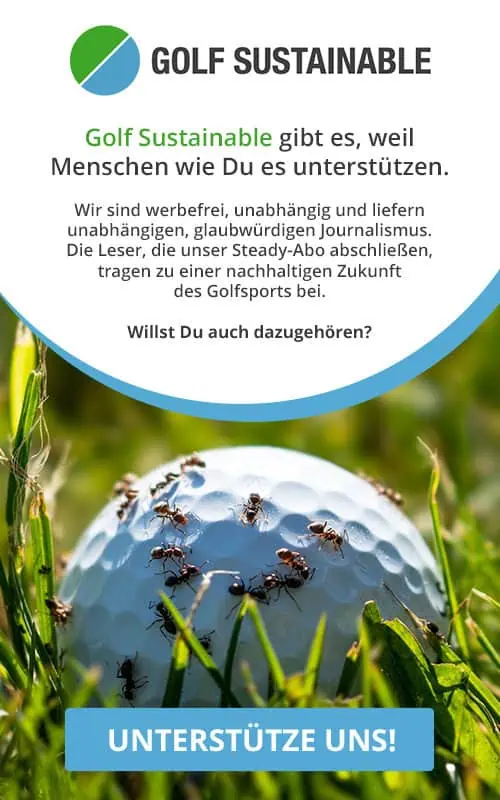Classic is probably the right term for ” Quinta do Lago “, one of the first luxury real estate complexes that emerged in the 80s. Back then, the Algarve held promise for all those Brits and northern Europeans who simply wanted to get out of the cold of winter and play golf in the sun all year round. When the first 27 holes were built next to real estate on the 55 hectare site, which is close to the long beach and adjacent to the lagoon area of the Ria Formosa, conservation, water consumption or biodiversity were not yet a big issue.
The situation has changed – also in the Algarve, also in Quinto do Lago, which now has three golf courses. The operators used the Corona crisis to bring about changes in key areas of the resort that mean significantly more sustainability. Some of it could not be avoided anyway: Ria Formosa has been a nature park since 1987 and is one of the seven natural wonders of Portugal. The EU restrictions on plant protection products are also taking effect in Portugal, and the issue of water is now a permanent issue, especially in southern Europe.
The changes affect many areas, both on and off the golf courses.
- Superintendant Mark Tupling explains that on the South Course , the grass in the rough areas is being rearranged. Species that need little water and also tolerate heat well are promoted. “That will reduce our water consumption,” sums up Tupling, who is also hoping for a water saving of 20 percent from a new pump system and the reduction of the irrigated area .
- For the first time there are fixed planting plans on and between the golf courses, which should ensure more biodiversity. Both the occurrence of plants and insects and the diversity of the fauna are monitored monthly.
- Improving water quality plays a major role. The saltwater pond next to Caso do Lago has been cleaned of algae and the water supply from the Ria Formosa has been improved. The quality of the groundwater on the pitch is constantly being examined with regard to fertilizer or spray residues. The results are continuously transmitted to the authorities.
- Plastic avoidance is a big issue with regard to the take-away business, especially during the Corona crisis. Plastic is not used for both to-go dishes and delivery.
- In order to shorten the transport and shopping routes and to improve the quality of fruit and vegetables, they grow both themselves on a 2300 m² site, the so-called Q-Farm . The organic products, a total of 40 different varieties, are used by the resort restaurants.
- In order to improve the nature experience for guests, a new hiking trail to Ancao Beach has been created, which can be used by both walkers and cyclists.
The resort is only just beginning with many of the measures. Mark Tupling does not yet have any data on the subject of water saving in particular. When it comes to the topic of rough conversion, only next summer will we see how easy it is to establish the new varieties. An exciting procedure for the head greenkeeper and his team. In the end, he is certain that the result will not only improve the environmental balance, but also look better. “We’re going to achieve great contrast here between the rough and our newly seeded fairways while reducing our dependence on natural resources. As a result, we will experience first-class visuals and playing conditions.” An improvement in quality that ultimately benefits two parties: the environment and the golfer.










